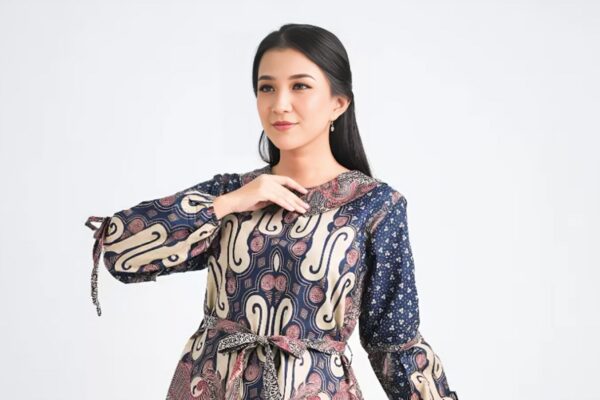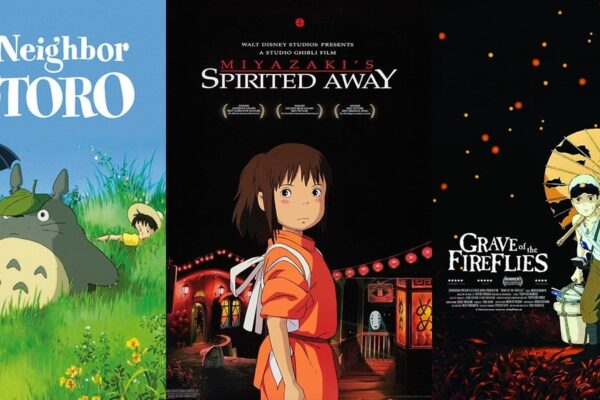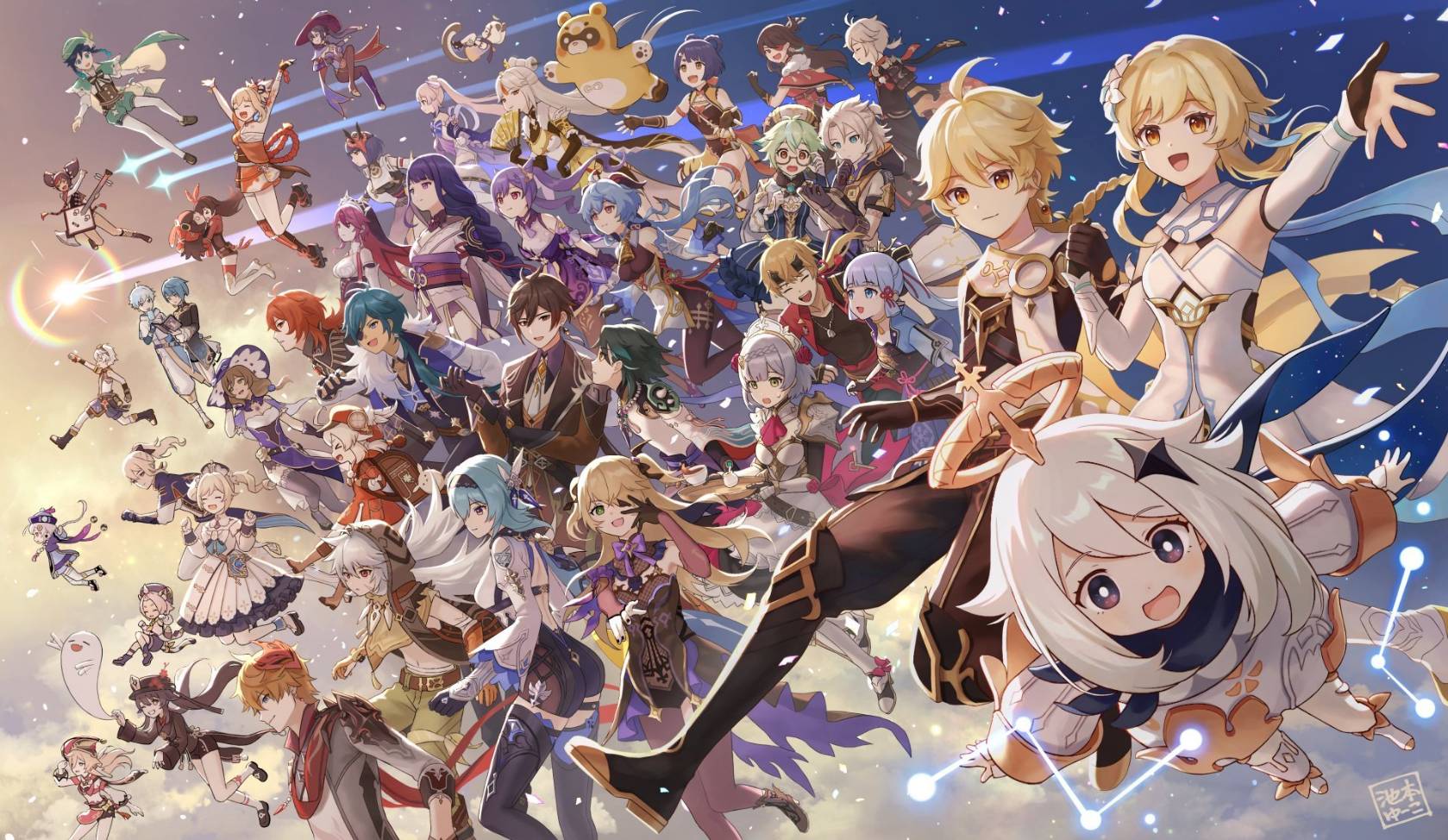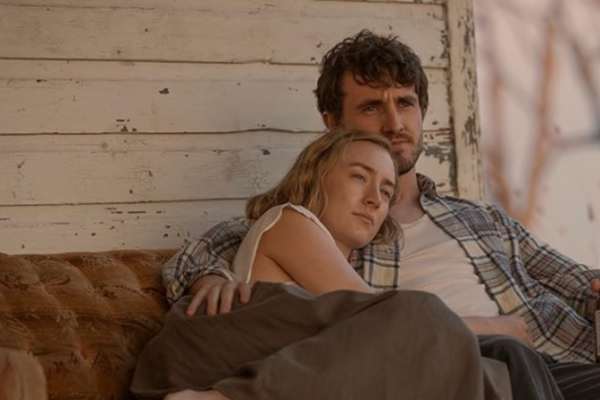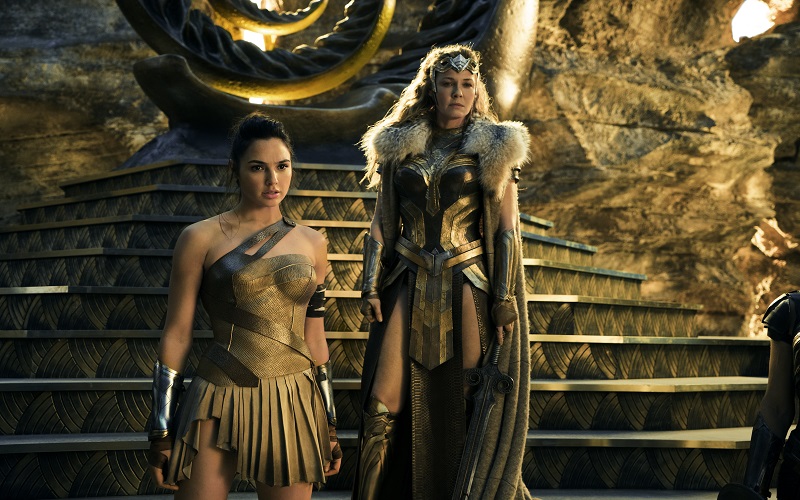In early 2000, Maluku experienced religious conflicts between Muslims and Christians. The two religious groups rioted with sharp weapons such as machetes, wood, iron, stones, bombs and other sharp tools to fight against each other. Many residents flocked to participate in the riots, especially men to children, but one resident in Tulehu, a motorcycle taxi driver and former U-15 National Team player in the 1996 Asian Student Cup who failed to become a professional player, Sani Tawainella (Chicco Jericko) want to bring to the sweet memories after the realities of life full of conflict.
His attitude of religious tolerance led to Sani’s intention to give his football experience to the Tulehu children after being touched to see the child he met during the riots died in that place. Moreover, seeing the Tulehu children participate in the conflict, even though it is very dangerous for them. He did soccer practice every five o’clock just to distract the children from the conflict, even though he was in difficult economic conditions. After a few years Sani taught them football, the chaos gradually improved. Sani’s guidance from childhood to adulthood was taken over by Rafi (Frans ‘Hayaka’ Nendissa) and he founded an Football junior academy which he named Tulehu Putra. The creation of a “Tulehu Putra” team that did not follow with sani, make he feel frustrated and sad cause he was forced to give up the team he had built from the beginning.

One day, at the Ojek Sani Post, there was a teacher Josef (Abdurahman arif) from Passo Vocational School visited. He was asked to coach football at his school to prepare for the John Mailoa Cup match. At first the principal protested that Sani trained at a Christian community school, but Josef’s explanation convinced him that Sani could be accepted. Sani is famous not only as a coach, but also as an encouragement and motivator for children to play soccer. In the John Mailoa Cup match, Sani’s team competed with Rafi’s team. Rafi’s team won and brought the good name of Tulehu’s first SSB.
Then Father Raja ( Ridho Hafiedz) summoned the soccer coaches to determine the soccer coach who would bring the Maluku team to compete in 47 national competitions aged 15 years held by PSSI in Jakarta. Sani was elected as head coach and Rafi became his assistant, but Rafi refused to become an assistant because in the John Mailoa Cup competition, Tulehu’s son won and he was the coach. Rafi thinks it is better not to be involved at all for the competition in Jakarta than to be Sani’s assistant.
Sani’s problem did not just end, the responsibility and trust given to him by the Father Raja weighed heavily on him. The children who were selected into one team for the competition in Jakarta were from two regions and two religions. The conflict between Islam and Christianity they brought to their attitude, especially Salim or Salembe (Bebeto Leutually). In every practice, Salembe refuses to pass the ball to the son of a Posso policeman, Finky, because his father’s death was hit by a stray bullet from Posso, so Salembe refuses to join a team with Posso’s children.

Before leaving for Jakarta, Sani was confused about finding funds to get to Jakarta. A lot of material assistance was provided by residents such as Alfin’s mother (Jajang C. Noer), Jago’s father, and other residents. Suddenly a priest from Posso gave a severance pay for the team collected by the Posso residents. Sani was very happy that Posso people from the Christian community wanted to sympathize and provide support because there were indeed several Passo children who joined the team. The priest himself gave it directly, not someone else, so that people’s hatred of religious conflicts was decreasing.
As a coach and person in charge, Sani finds it difficult to unite their egos plus domestic problems with his wife are gripping his mind, although at first Sani was desperate to bring the Maluku team to no avail because they were still fighting about religion, but with Sufyan’s advice Sani was excited to unite again. his students. Sani tries to give an understanding of who they are, not Tulehu or Passo, not Islam or Christianity but they are Maluku. The association of his students turned out to be followed by residents in his village. The Tulehu community and Passo shared information about 48 matches so that these conditions could dissolve existing conflicts.
The characters in the film Cahaya dari Timur: Beta Maluku are apparently real figures. They are field stars from Maluku. This is also explained in the credit scene of this film, at the end of the film, real photos of the characters in the film and their current activities are shown. Not only the characters are lifted from the real world, the entire storyline of this film is also adapted from historical facts. The religious conflicts that occurred in the Ambon and Maluku regions were events that actually occurred in 1999.
This film contains many messages about tolerance and mutual respect for differences between religions. From the description of the Maluku team, we can see how a team that is united even though they come from different backgrounds.This film also shows how football is the thing that unites people from different backgrounds in Maluku. In various scenes, you will also see how the people of Maluku were finally able to unite again after the big conflict that had thrown the region into chaos.

Our Score (9/10)
Title: Cahaya dari Timur
Production: Visinema Pictures
Director: Angga Dwimas Sasongko
Screenwriter: Swastika Nohara
Cast : Chicco Jerikho, Shafira Umm, Abdurrahman Arif, Jajang C Noer, Glenn Fredly, Aufa Dien Assegaf, Bebeto Marson Leutually, Mohammad Ridwan hafidz, Norman Akyuwen
Leonardus Kenisah
mail: kennyleosamunn@gmail.com


